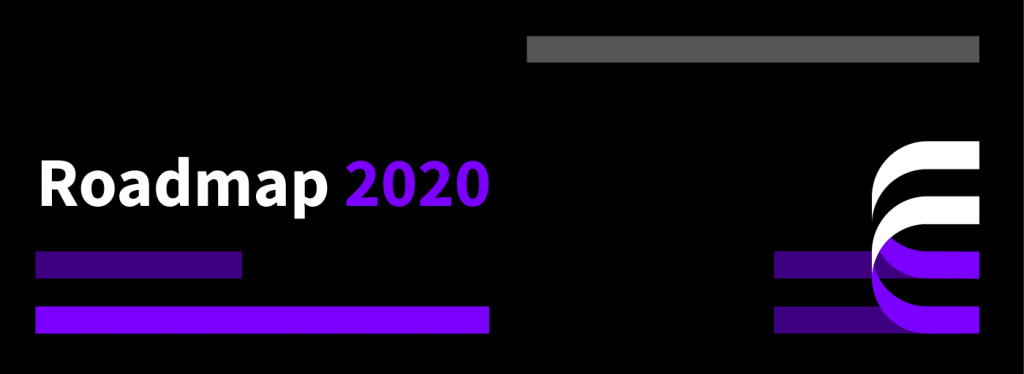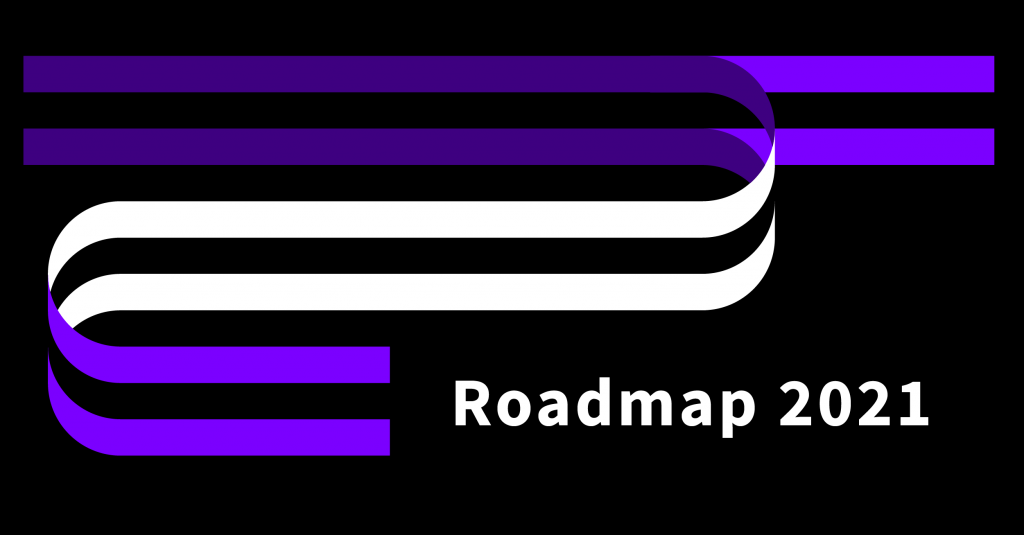As you may have already noticed, we’re a very technically oriented bunch here at UpCloud. Our developers and infrastructure teams have worked intensely yet again and we are very proud to announce full support for IPv6 on UpCloud. This functionality is now available for all servers in all our service areas.
IPv6 is a protocol that has been developed as a follow up to the IPv4-protocol and its most distinctive attributes are long addresses and the size of the overall network available. Whereas IPv4 uses 32-bit addresses, IPv6 uses 128-bit addresses. This enables more and more servers and clients to connect online, even though IPv4 addresses are close to depletion.
Even though IPv6-based traffic still represents a conservative amount of overall traffic online, its growth is inevitable. The use of IPv6-protocol is on the rise and for example in the United States and Germany IPv6-based traffic amounts to more than 10% of overall traffic. We also see this as our responsibility to help the internet evolve and speed up the adoption of IPv6-connectivity between hosting providers and ISPs.
How much do IPv6-addresses cost? How can I get one?
Even though IPv6-support has required us countless hours of development, network improvements and changes to server applications, we are happy to announce IPv6-support free of charge to all our customers. Customers only pay for outbound traffic to the internet at 0.05€ per GB accrued.
IPv6-support is also now available in all new server instances and it is also easy to set up in existing servers through our control panel at https://hub.upcloud.com. IPv6-connectivity is brought to the servers through a separate networking device and the address itself is configured through stateless autoconfiguration. If the server wishes to use IPv6-based nameservers, these will be passed on automatically through DHCP.
As IPv6-addresses enable internet connectivity in the same manner as IPv4-addresses, one should take this into consideration when configuring firewalls. UpCloud’s Control Panel now also supports IPv6-based firewall rules.
Updated API documentation
Together with the IPv6 announcement, we have updated our API documentation to a new version. The new version is available on our API documentation page.
Photo: Hope by Alberto Garcia (Creative Commons BY-SA)



